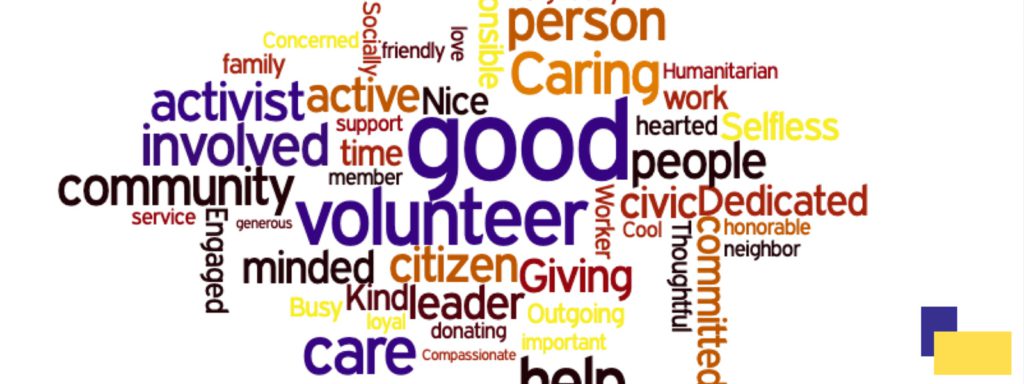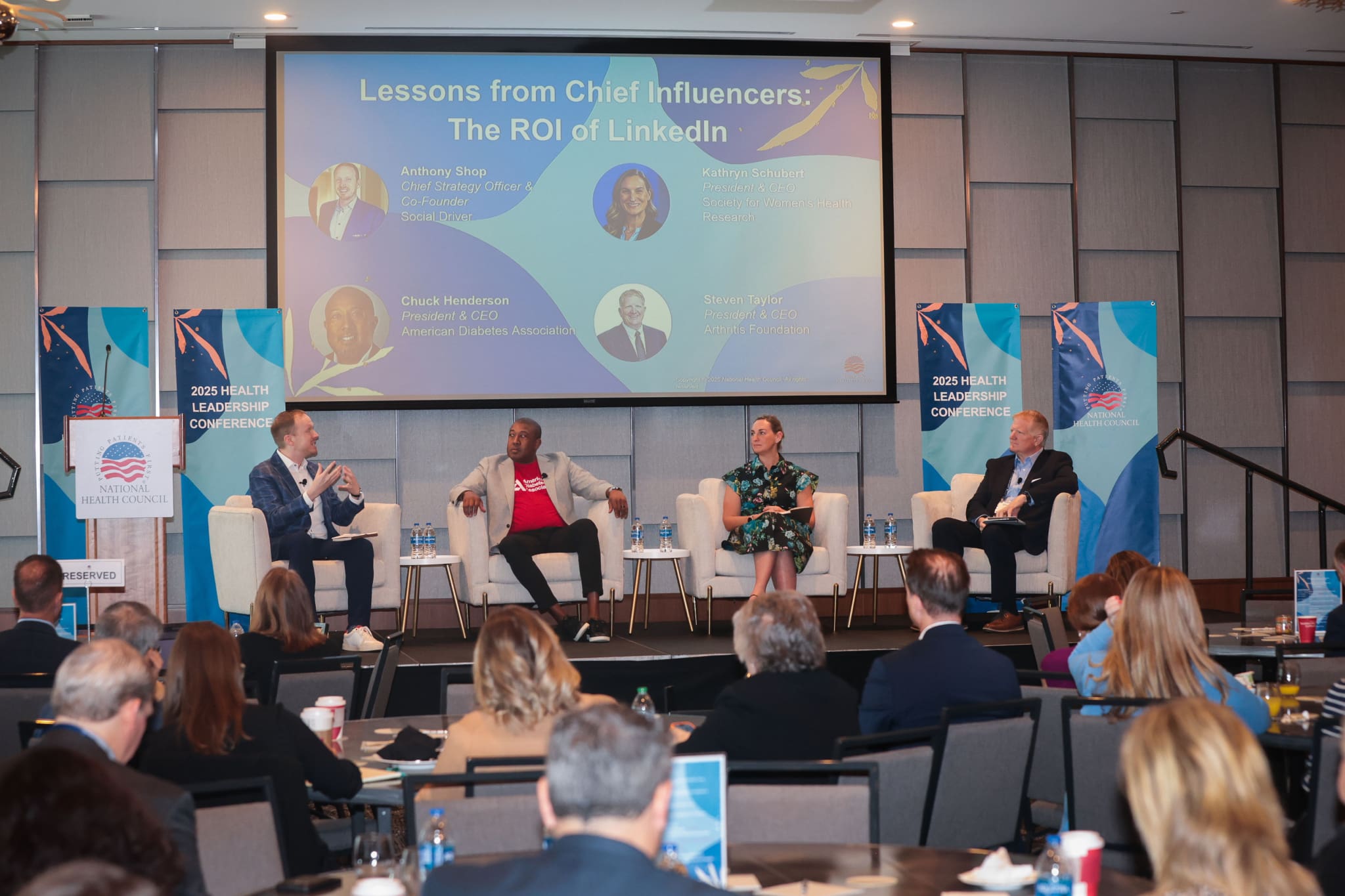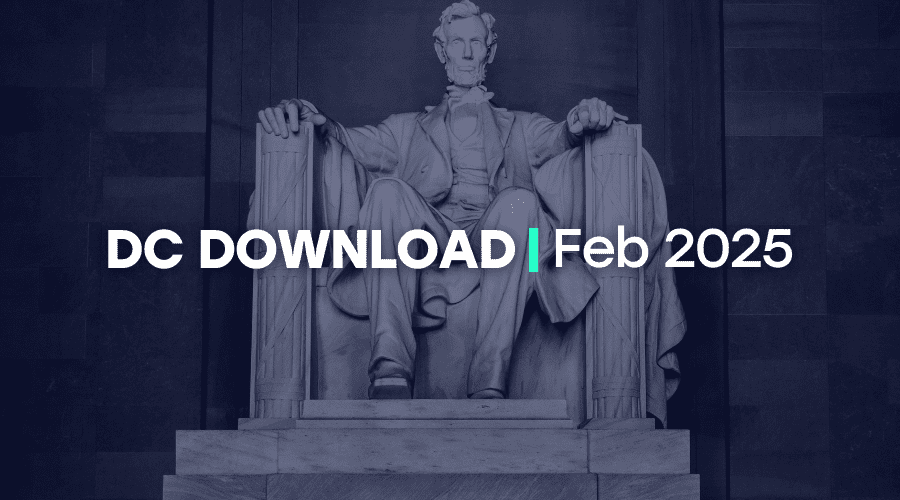If your organization works in the democracy or civic engagement space, you’ll want to read Philanthropy for Active Civic Engagement’s (PACE) new Language Perception Project.
In late 2018, PACE, an Independent Sector member, conducted research to learn how people perceive some of our sector’s most frequently used words to describe civic engagement work, including democracy, patriotism, activism, and justice. They asked a diverse and nationally representative set of participants through a survey and series of focus groups what words resonated with them, what feelings they had about them, and whether and how they used these words in their own lives.
On May 16, PACE held a launch event here in Washington, DC to discuss the findings. The group included a range of civic engagement practitioners, PACE members, funders of the project, as well as members of a working group who provided insights and guidance in the development of the research. (Full disclosure, I was on the working group.) Adiel Suarez-Murias, PACE’s communications and marketing director, presented the key findings to the group. Here are some of the themes that surfaced through the research:
- Someone Else’s Language: Participants in the survey and focus groups didn’t necessarily use the same words our sector uses to describe democracy and civic engagement. Instead, when respondents described their own perceptions of engagement, ideas like “getting involved” or “helping others” surfaced consistently. In other words, when participants thought about getting involved in their communities, they saw it as “doing good” rather than “doing democracy.”
- Individual Versus Collective: The data illustrated a clear disconnect between respondents’ individual perceptions and a collective “big picture” of democracy. Most participants’ visions of civic participation centered on individual-level interactions, like volunteering or being a good person, neighbor, or community member. The moral imperative to be of service surfaced consistently, but participants rarely made a connection between these ideas and broader, systems-level notions of democracy.
- Context Matters: When asked about their feelings about specific words and phrases, focus group participants often deferred to context, suggesting that the words and phrases themselves are relatively neutral. However, survey results indicated clear differences in perceptions along various demographic characteristics, including political affiliation, race, gender, education level, etc., indicating that some perceptions of civic language may be more unconscious.
- A Missing Vision: Another theme that came through clearly in the research is a lack of a shared vision or aspiration for our democracy. In other words, participants struggle to imagine what a healthy democracy would even look like—and expressed pessimism about the achievability of such a vision, especially on a national scale. At the launch event for the project, attendees suggested the reason for this pessimism could reflect a general negativity in our political discourse right now, as well as a growing acknowledgment that American democracy has historically only been afforded to certain communities, despite promises of equality.
The research revealed a series of insights into perceptions of civic language among the broader American public, though PACE acknowledges there is still much more to uncover. In addition to a summary report, they have released two memos by their research team, with further detail regarding the qualitative and qualitative portions of the research. And in the coming weeks, they plan to release their survey data to the public, in hopes that others in the sector will use the materials to start conversations and continue research. As a starting place to continue the dialogue, PACE also provided group discussion guide to use at your own gatherings.
Learn more about this project at www.pacefunders.org/language.



